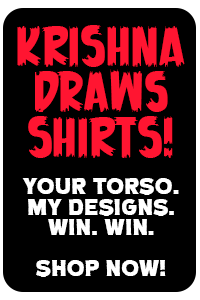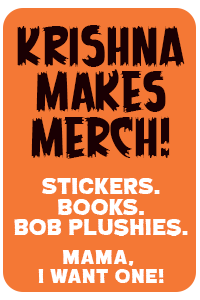A Good Hard Drive is Hard to Find
Guys: I’m in the market for a new internal SATA hard drive AND an external hard drive, and I need your recommendations.
I plan on using the internal SATA with a Thermaltake enclosure to back up my laptop (the Seagate drive that I was using previously no longer mounts and makes a clicking noise). I plan on using the external drive as a NAS to back up my boot drive and act as a music file server.
For both, I’m looking at 1GB size drives with USB2 connectivity. (I don’t have USB3 on either of my Macs.)
What mechanisms / drive enclosures do you use? What has worked most reliably for you? Share your recommendations (and reservations) in the comments below.
Thanks in advance!
-Krishna



Adam
August 6, 2012 at 8:37 pmI have a hard time recommending specific drive brands, as they all have manufacturing lines that produce highly reliable wonderful drives, and other lines that create less than reliable. Predicting that reliability is impossible for end users to do because the sample size is far too small, and even big companies find it difficult. Secondarily, with so many mergers, acquisitions and changes amongst WD/Hitachi GST/Seagate these last two years, the actual mechanism of the drive may be comprised of technology from a different company than the label indicates.
I’d highly suggest reading Google’s white paper on hard drive failures (PDF). While they don’t explain which drive manufacturers do what, they do talk about indicators and causes of failure, and ways to reduce it.
No matter what, back up. Back up multiple ways. Back up locally and remote. You may have the most reliable hard drives in the world, but if your water heater breaks and your house floods with hot water, your data will be gone.
Krishna
August 6, 2012 at 8:46 pmThanks, Adam. I’ve used practically every brand of HD out there and reliability has been all over the map. I always maintain a back-up of both my computers – with the Mac Pro, I also back up to the cloud (via Backblaze). I’ll take a look at the Google white paper you’ve linked to.
Ben
August 7, 2012 at 2:04 amI recommend contacting OWC Larry for a recommendation among current HD models. I’d get one with at least a 5-year warranty. I trust OWC for high quality HDs and enclosures.
P.S. I assume you mean you’re looking for 1 TB disks, not 1 GB.
SamD
August 7, 2012 at 5:26 pmI’ve had very good luck with Samsung drives over the last few years. No failures despite daily use and frequent power cycling.
Bjornski
August 8, 2012 at 10:06 amIt’s hard to tell harddrive reliablility, but I came to a few conclusions recently.
Two of my companies SANs run on SATA. These are 1TB Hitachi Ultrastar drives and they have proved to be the most reliable drives we own, with good warranty conditions and 0 faillures so far (despite the fact that they are just about the oldest drives we have).
But those are enterprise drives, which are on the expensive side. I guess you get what you pay for. I hear the Hitachi Deskstar drives are equally good (we don’t have them), but if money were no object, I’d go with an enterprise drive any time.
Our backup units use consumer level SATA drives; currently a mixture of WD and Seagate drives. We used to install Seagate Barracuda LP 2TB drives, but have switched to WD EARX drives due to high faillure rate (about 50% of those drives have failed or are failing).
Seagate warranty handling is excellent, with new drives arriving within 2 weeks after sending off defective ones, but that’s about it.
I’ve also used two Momentus XT drives in two laptops. They both failed within the first year of use.
As for enclosures; I used to have a Buffalo NAS at home which I was very happy with. A friend of mine has two Synology NASes with which he’s also very happy.
I’ve worked with WD NASes in the past. They are not so good (slow!).